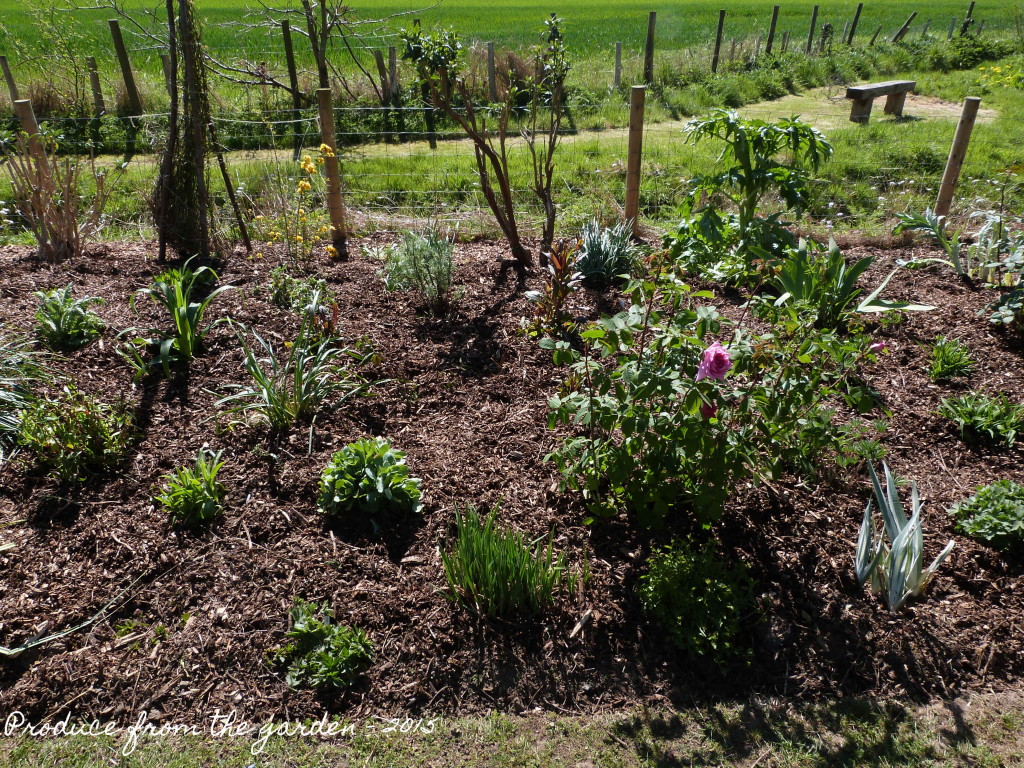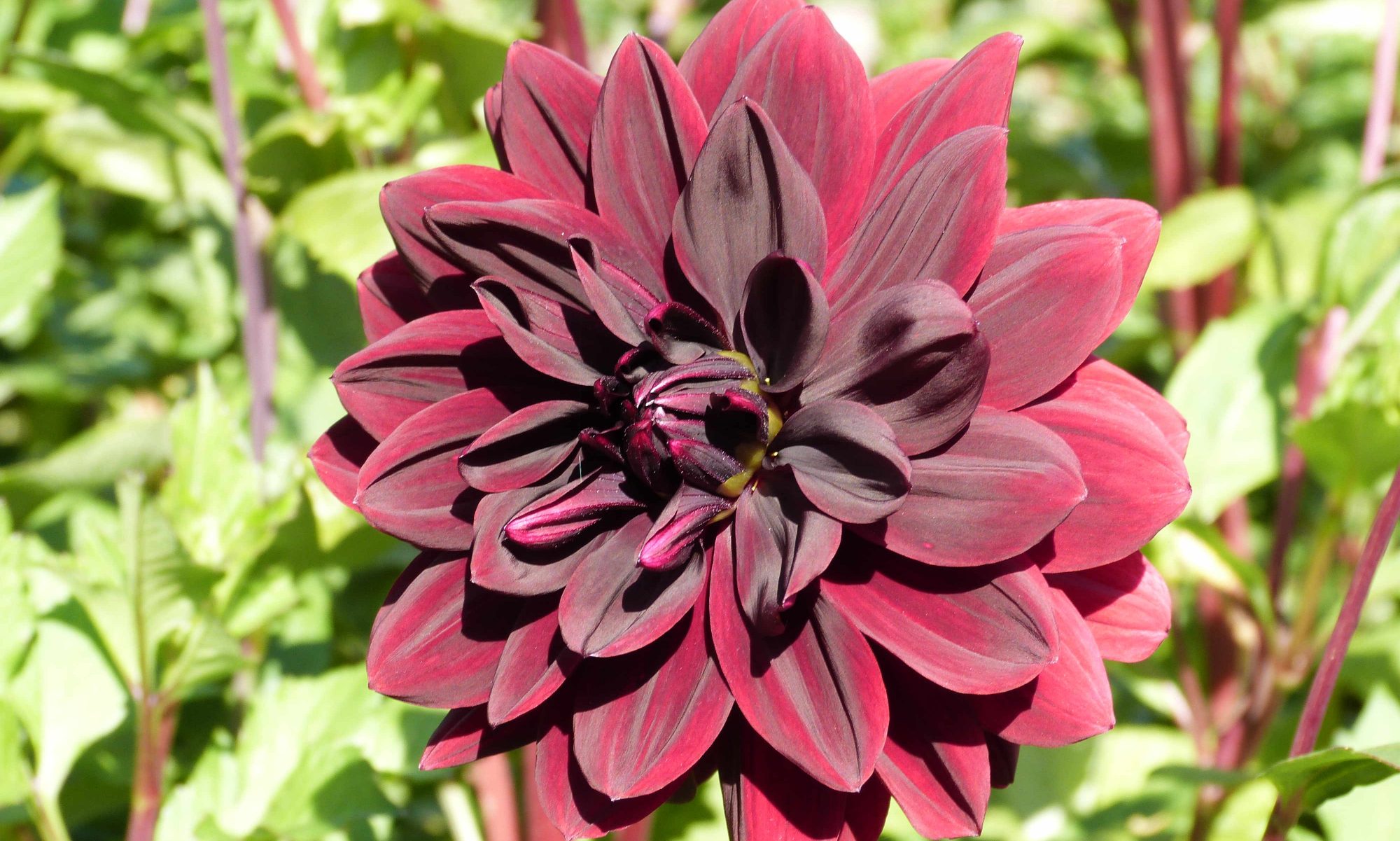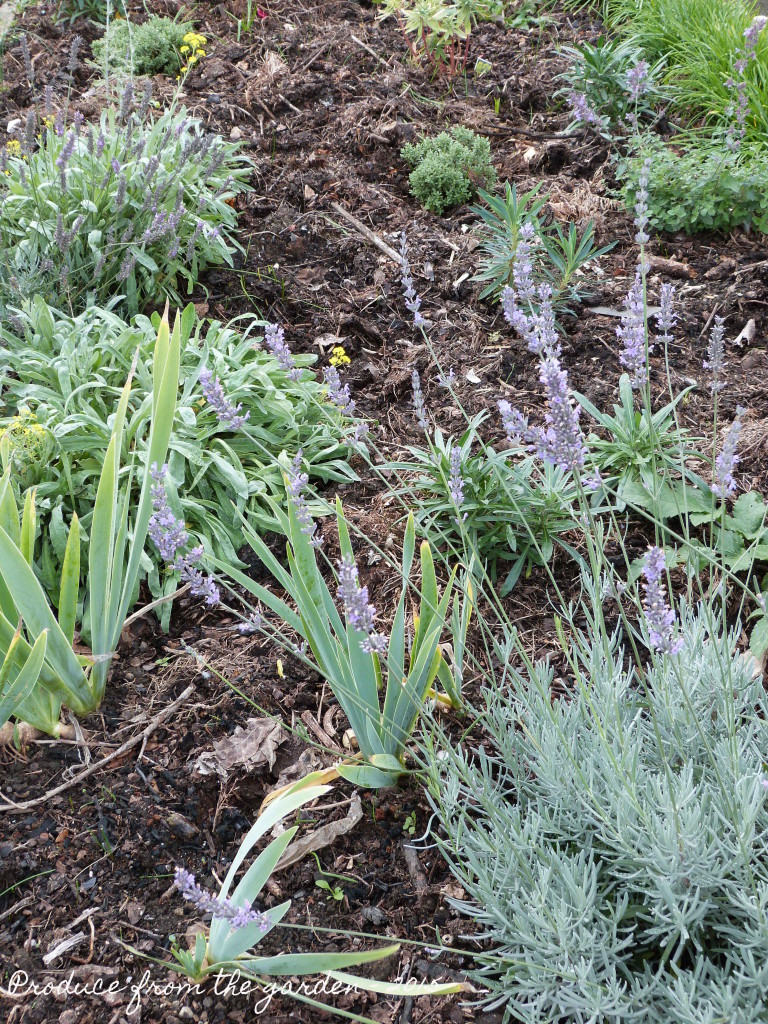Yesterday was the first day of autumn. The gardens tone has changed in the last week, from the rich opulence of late summer to a slightly darker, damp garden with a not unpleasant decomposing aroma, evoking the need for wellies and jumper. I love the transition of seasons; they herald progression and development, whilst generating nostalgia for the different seasonal routines. Autumn is a time of hard work often in dank conditions; it’s rewarded with the cosy satisfaction of a hot bath followed by a cup of tea snuggled on the sofa in front of a fire. I yearn for this contented autumn serenity as much as I look forward to dining outside on a warm summers evening with a chilled glass of white, enjoying the intoxicating, heady scent of nicotiana, stock and petunias wafting across the patio. I love England for its variety in seasons, it stops gardening life becoming boring and mundane, perpetuating a gardens development in a subtle and gentle way.
I once read an article by a head gardener in the The Daily Telegraph gardening pages, describing how people thought that autumn must be his time to relax, reflect and catch his breath, ‘on the contrary’, he would reply,’ it is my busiest most hard working time of year’. I can’t agree more, it’s the time for the most important horticultural task of the year, the secret key to any successful garden, mulching. It does take some time and effort but the pay back is enormous. If you do one thing to transform the performance of your garden it should be mulching.
Five reasons why mulching is essential:
- Minimise your weeds. A thick layer of mulch smoothers most annual weed seeds, preventing germination.
- An instant garden make over. A mulch lifts the presentation of the plants in your border and tidies up a bed up. The effect is comparable to cutting the lawn and edging the borders.
- Improves the structure of your soil. The key to organic and I think logical gardening, is to look after your soil and in turn the soil will look after your plants. As your mulch breaks down it loosens up heavy clay or binds together sandy thin soil.
- Helps retains moisture in the ground, reducing evaporation. On a day like today retaining moisture in my soil is not high on the priority list, but it’s right up there in June /July!
- The combined mulching benefits will mean, your plants thrive
Mulching is the answer. There’s just one rule:
Don’t skimp! For mulching to work you need at least a 5 cm covering.
I’m a target orientated person, there’s nothing like a deadline to spur me on to finish a job, so I aim to have all the borders mulched by Christmas. The biggest issue is sourcing sufficient mulching medium without spending too much money. There are many types of mulch you can use:
Leafmould – my favourite mulch, it looks good, is free and gives good structure to the soil. Collect up all your fallen leaves and store them until next autumn. I put the fallen leaves in a simple square chicken wire enclosure with four posts. Alternatively for smaller quantities pop them in bin-liners, water and poke breathing holes in the sides, they can then be left until the following year.
Garden compost – Home made is the best and free, try to prevent perennial weed roots and annual weed seeds getting in it, otherwise they may re-introduce themselves to your garden. You can buy compost from most councils who re-cycle garden and food waste.
Bark chippings – a great mulch, but can be expensive
Wood mulch – I never have enough compost or leafmould, so I’m forced to buy in mulch. My favourite in wood mulch, cheap (I pay £20 per cubic metre) and sometimes free from tree surgeons. Wood mulch can take up nitrogen from the soil during its decomposing process, once rotted down it goes back into the soil, to compensate I just sprinkle a bit of fish meal or fish blood and bone before laying the mulch.
 Wood chip as a mulch on a newly planted border
Wood chip as a mulch on a newly planted border
Mushroom compost – Spent mushroom compost can be bought in from mushroom farms. It is alkaline so not to be used if your plants demand a neutral or acidic soil.
Straw – I used this one year on my vegetable patch, the slugs moved in and loved it, come spring/summer my crops were in a sorry state. Never again!


